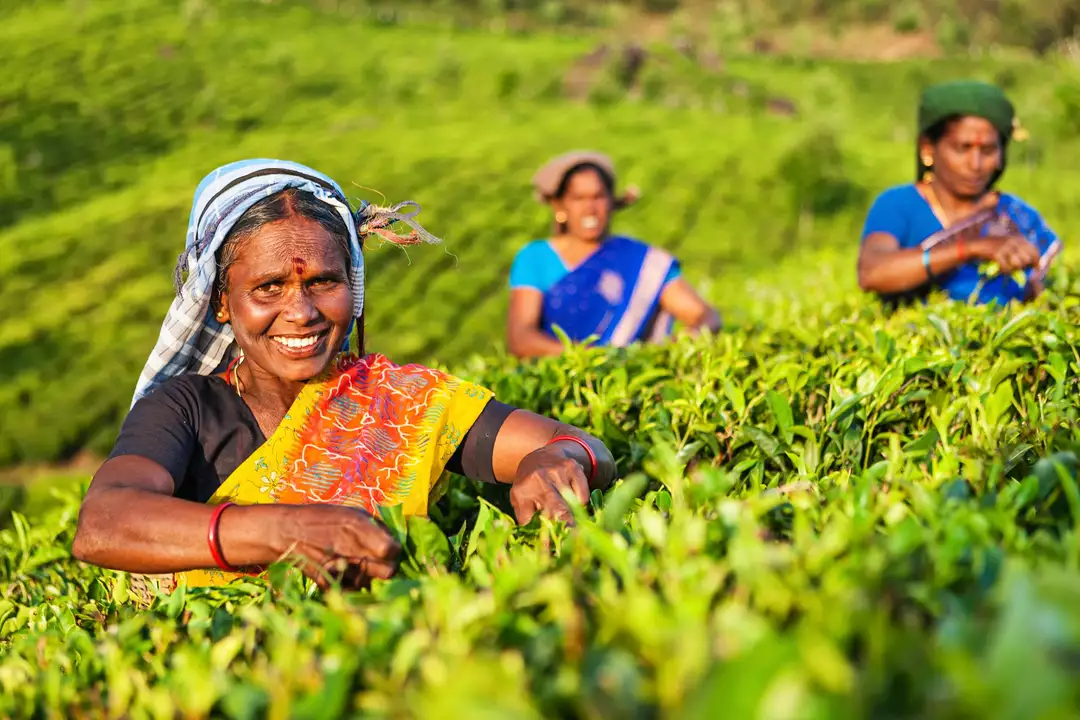Explore Lathur’s Culture: Traditions, History, and Everyday Life
If you’re heading to Lathur, you’ll quickly see that culture isn’t just something you read about – it’s something you live. From the sound of temple bells at sunrise to street foods that have been passed down for generations, every corner tells a story. In this guide, we’ll break down the must‑see cultural spots and give you simple ways to dive in without feeling lost.
Festivals That Light Up the Town
Lathur’s calendar is packed with festivals that blend devotion and celebration. The most famous is the annual Temple Fair in October, when locals decorate the main shrine with flowers, lanterns, and colourful rangoli. Join the crowd, try the sweet rice pudding, and watch traditional dances that have been performed for centuries. If you’re lucky, you’ll catch the fireworks that light up the night sky – a perfect photo moment.
Another crowd‑pleaser is the Harvest Festival in January. Farmers bring fresh produce to the town square, and you can sample homemade pickles, spice blends, and fresh roti. It’s a great chance to chat with locals about farming life and hear stories that go back generations.
Historical Sites That Speak Volumes
History buffs will love the Old Fort Ruins perched on the hilltop. A short hike up gives you panoramic views of the valley, and the stone walls still show carvings from the 12th‑century kingdom that once ruled the area. Bring a water bottle, wear sturdy shoes, and take a moment to imagine soldiers stationed there centuries ago.
Don’t miss the Heritage Museum near the main market. It houses artefacts like bronze tools, ancient scripts, and traditional costumes. The museum staff often organize live demos – watch a weaver spin cotton on a handloom or a chef prepare a classic Lathurian dish right in front of you.
When you’re out and about, keep an eye on everyday cultural clues: the way locals greet each other with a warm “Namaste,” the intricate designs on shop signs, and the rhythmic chatter in the market lanes. These small details add up to a deeper understanding of the place.
Want to experience culture like a local? Try staying in a home‑stay rather than a hotel. Hosts will share family recipes, take you to nearby villages, and teach you simple phrases that go a long way. It’s also a respectful way to support the community directly.
Food is a cultural shortcut you can’t miss. Order the spicy lentil stew with a side of fried plantains – it’s a staple that reflects both agrarian roots and coastal influences. Pair it with a glass of fresh coconut water for a refreshing finish.
Before you leave, pick up a handmade souvenir – maybe a hand‑painted ceramic or a woven basket. These items are not just trinkets; they represent the skill and patience of local artisans who keep traditions alive.
Lathur’s culture is a living tapestry of festivals, history, food, and daily life. By joining in, you’re not just a tourist; you become part of the story. So pack your curiosity, bring an open mind, and let Lathur’s heritage surprise you at every turn.

1
May
Exploring day-to-day life in India has been such an eye-opening experience for me. The vibrant culture and rich traditions are evident in every corner, with the bustling markets, colorful festivals, and mouth-watering street food. It's a land of contrasts, where modern technology meets ancient history, and people from diverse backgrounds, languages, and religions coexist harmoniously. I've found that Indians are incredibly warm and hospitable, always ready to help a stranger in need. Overall, daily life in India is a beautiful blend of chaos and harmony, offering unforgettable moments and countless learning experiences.
Read More

15
Feb
This article explores why Indian parents have a tendency to interfere in the marriages of their children. It suggests that due to a traditional belief in arranged marriages, Indian parents often struggle to accept the independence of their children when it comes to choosing a partner. Additionally, many Indian parents also feel a sense of shame if their children don't marry within the same caste or religion, which can lead to pressure and manipulation. Furthermore, some Indian parents also have an unrealistic expectation of what a perfect marriage should look like, and this can cause problems between the couple. Finally, the article suggests that Indian parents should be more supportive and understanding, and should respect their children's decisions if they want their marriages to be successful.
Read More

